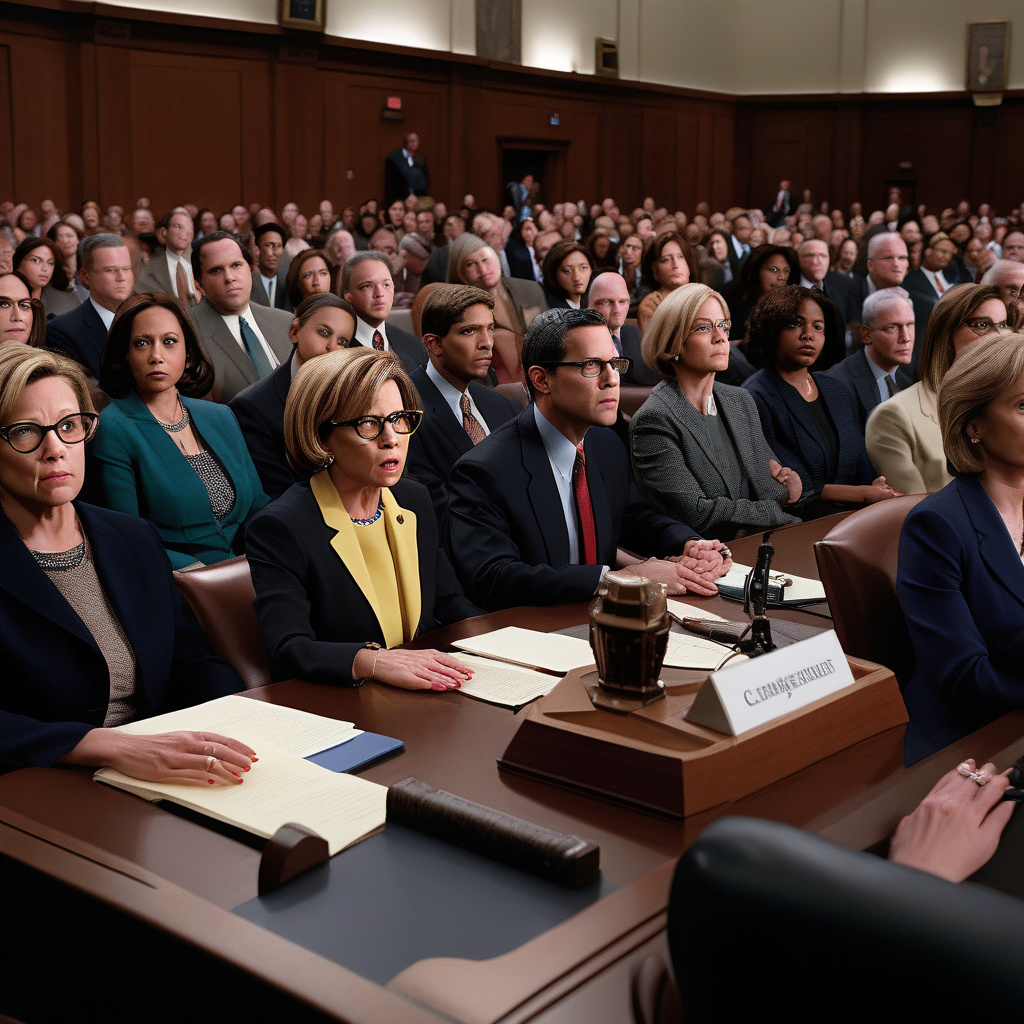Lawmakers Review Reported Pause in US Offensive Cyber Operations Against Russia
In recent discussions among US lawmakers, a reported temporary halt in offensive cyber operations against Russia has sparked debate and raised questions about the nation’s cybersecurity strategies. The reported one-day pause has drawn varying accounts from officials involved in national security, highlighting the complexities and uncertainties surrounding such operations. Despite the speculation and deliberation, the Department of Defense has not confirmed the alleged cessation, leaving many details shrouded in secrecy and ambiguity.
The notion of pausing offensive cyber activities against Russia signifies a strategic decision with potential far-reaching implications. It underscores the intricate dynamics of cyber warfare and the significance of timing and execution in such operations. While the specifics of the reported pause remain unclear, the mere discussion of such a development sheds light on the evolving landscape of digital warfare and the intricate dance of power and restraint that characterizes international relations in the cyber domain.
As lawmakers grapple with the implications of the reported pause, they are faced with a myriad of considerations. The decision to temporarily halt offensive cyber operations against Russia may be driven by a variety of factors, including diplomatic negotiations, intelligence assessments, and the broader geopolitical context. In a domain where attribution is often challenging and the consequences of actions can be unpredictable, the strategic calculus behind such a move is undoubtedly complex and multifaceted.
Moreover, the reported pause in offensive cyber activities against Russia raises broader questions about the efficacy and ethics of such operations. As cyber capabilities become increasingly central to national security strategies, policymakers are tasked with navigating the delicate balance between deterrence, defense, and escalation. The reported pause serves as a reminder of the intricate ethical and strategic considerations that underpin modern cyber warfare and the need for clear guidelines and frameworks to govern such activities.
In light of these developments, the discussions among US lawmakers take on added significance. The reported pause in offensive cyber operations against Russia highlights the need for transparency, accountability, and oversight in the realm of cybersecurity. As policymakers seek to navigate the complexities of cyber warfare and safeguard national interests, robust debate and informed decision-making are essential to ensure that actions are taken with due consideration for the potential consequences and implications.
While the details of the reported pause in US offensive cyber operations against Russia remain shrouded in secrecy, the discussions among lawmakers underscore the evolving nature of cybersecurity challenges in an increasingly interconnected world. As the digital landscape continues to evolve, the need for vigilance, preparedness, and strategic thinking in the realm of cyber warfare has never been more pressing. By engaging in thoughtful dialogue and robust debate, policymakers can work towards developing effective strategies to address the complex and ever-changing threats posed by malicious actors in the cyber domain.
cybersecurity, US lawmakers, offensive operations, Russia, Department of Defense
